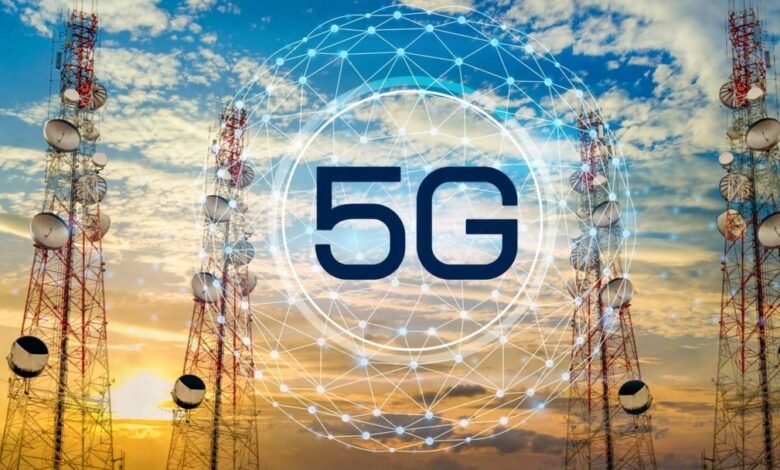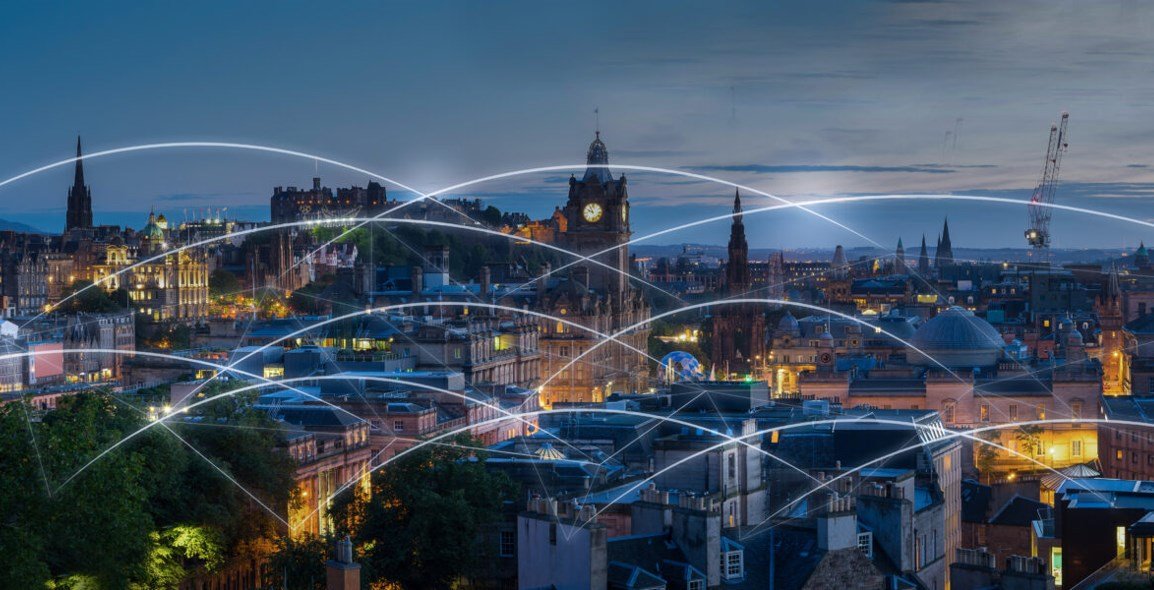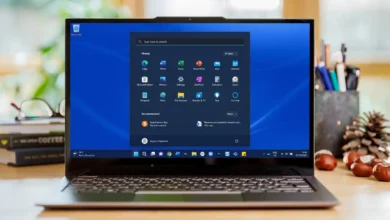The Future of Connectivity: Exploring 5G Technology

In today’s interconnected world, reliable and fast connectivity is crucial. The advent of 5G technology promises to revolutionize the way we connect, offering unprecedented speed, low latency, and enhanced capacity. This article explores the future of connectivity by delving into the intricacies of 5G technology and its potential impact on various industries.
Read more: 5G Technology: The Key to Unlocking the Full Potential of the IoT
Understanding 5G Technology

5G, the fifth generation of wireless technology, represents a significant leap forward in terms of speed and capacity. Unlike its predecessors, 5G operates on higher frequencies, utilizing millimeter waves to transmit data. This enables faster data transfer rates and lower latency, allowing for near-instantaneous communication between devices.
Benefits of 5G Technology
The benefits of 5G technology are manifold. Firstly, it offers blazing-fast internet speeds, capable of reaching up to 10 gigabits per second (Gbps). This speed enables seamless streaming of high-definition content, facilitates real-time gaming experiences, and enhances the efficiency of cloud-based applications.
Secondly, 5G technology significantly reduces latency, the delay between sending and receiving data. With latency as low as 1 millisecond, 5G enables near-instantaneous response times, making it ideal for applications that require real-time communication, such as autonomous vehicles, remote surgeries, and smart city infrastructure.
Furthermore, 5G technology can support a massive number of connected devices simultaneously. This capacity is crucial for the widespread adoption of the Internet of Things (IoT), where billions of devices will communicate and share data. From smart homes and wearable devices to industrial automation, 5G technology unlocks the full potential of a hyperconnected world.
Applications of 5G Technology
The applications of 5G technology are vast and encompass numerous industries. In healthcare, 5G enables remote patient monitoring, telemedicine, and surgical procedures performed by robotic systems. This technology eliminates geographical barriers, allowing patients to receive high-quality healthcare regardless of their location.
In the transportation sector, 5G technology revolutionizes autonomous vehicles. With its ultra-low latency, vehicles can communicate with each other and the surrounding infrastructure in real time, enhancing safety and efficiency on the roads. Additionally, 5G paves the way for intelligent traffic management systems, reducing congestion and optimizing transportation networks.
The entertainment industry also benefits from 5G technology. Virtual and augmented reality experiences become more immersive and interactive with the increased bandwidth and low latency provided by 5G. Users can enjoy seamless live streaming, immersive gaming, and virtual concerts with unprecedented realism.
Challenges and Concerns
While the future looks promising, 5G technology does come with its challenges and concerns. One major concern is the need for a robust infrastructure to support the widespread implementation of 5G. The deployment of small cells and the establishment of a dense network of base stations require significant investment and cooperation between telecommunication companies and governments.
Moreover, there are concerns regarding the security and privacy implications of 5G. As more devices become interconnected, ensuring data protection and safeguarding against cyber threats become critical. Stricter security measures and comprehensive data privacy regulations need to be in place to address these concerns effectively.
5G vs. Previous Generations
Compared to previous generations of wireless technology, 5G offers significant advancements. While 4G focused primarily on providing fast internet speeds to mobile devices, 5G expands beyond smartphones and serves as a foundation for various technologies such as autonomous vehicles, smart cities, and the IoT.
One key differentiator is the speed and capacity. 5G is approximately 100 times faster than 4G, allowing for instantaneous data transmission. Additionally, 5G supports a vast number of connected devices simultaneously, enabling the seamless operation of smart homes, industrial automation, and advanced healthcare systems.
5G Implementation and Rollout
The implementation of 5G technology is an ongoing process worldwide. Telecommunication companies are gradually rolling out 5G networks, starting with major urban centers and expanding to cover wider areas. Governments play a crucial role in facilitating the deployment of 5G infrastructure and ensuring a favorable regulatory environment.
Impact on Industries
The impact of 5G on various industries is profound. Manufacturing processes can benefit from increased automation and real-time data analytics, leading to improved efficiency and productivity. Agriculture can utilize 5G-enabled sensors to monitor soil conditions, optimize irrigation, and enhance crop yield.
Retail experiences can be transformed through augmented reality, enabling customers to visualize products before purchase. The logistics sector can leverage 5G for efficient fleet management, route optimization, and real-time tracking of shipments. These are just a few examples of how 5G technology is reshaping industries across the board.
Future Possibilities

Looking ahead, the future possibilities of 5G technology are exciting. As the infrastructure continues to expand, we can expect innovations that we can hardly imagine today. From fully autonomous cities and smart homes to advanced healthcare systems and immersive virtual experiences, 5G will be the backbone of a hyperconnected world.
Read more: What You Need to Know About 5G Technology Benefits, Limitations, and Implementation
Conclusion
In conclusion, 5G technology represents the future of connectivity. Its remarkable speed, low latency, and enhanced capacity open up a world of possibilities across various industries. However, challenges such as infrastructure deployment and security concerns need to be addressed. As we move forward, 5G will shape a future where everything and everyone is seamlessly connected.
FAQ
How fast is 5G technology?
5G technology can reach speeds of up to 10 gigabits per second (Gbps), offering blazing-fast internet connectivity.
What are the benefits of 5G for autonomous vehicles?
5G enables real-time communication between vehicles and infrastructure, enhancing safety and efficiency on the roads.
Can 5G technology support the Internet of Things (IoT)?
Yes, 5G’s capacity to handle a massive number of connected devices simultaneously makes it ideal for IoT applications.
Are there security concerns associated with 5G?
Yes, as more devices become interconnected, ensuring data security and privacy becomes crucial. Stricter measures are required to address these concerns effectively.
How is 5G technology impacting the entertainment industry?
5G enhances the immersive experiences of virtual and augmented reality, enabling seamless streaming and interactive content.











